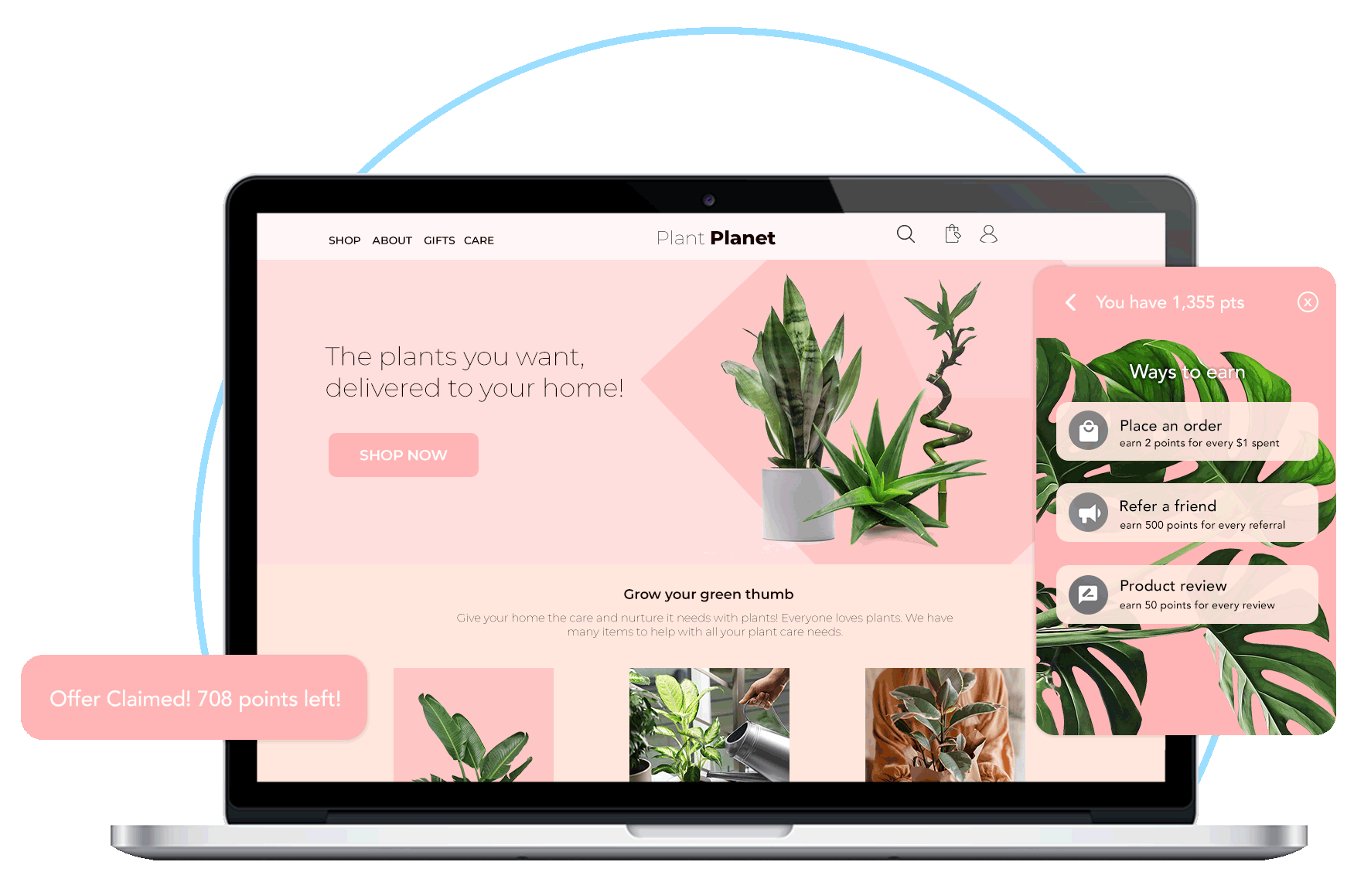Alternatives to Antavo Loyalty Cloud
1. Annex Cloud Loyalty Experience Platform
+Pros
- Sophisticated AI personalization capabilities through predictive analytics and sentiment analysis
- Zero-party data collection via gamified engagements
- Comprehensive integration ecosystem with 125+ pre-built connectors
-Cons
- UI complexity consistently emerges as a competitive disadvantage
- 8-12 week deployment timelines and integration complexity with non-SAP CRM systems
- $15,000 annual entry point plus $20,000-$50,000 implementation costs create budget challenges for organizations without substantial loyalty program investments
One highlighted feature and why it's amazing
The platform's core differentiator centers on predictive analytics that forecast customer behavior patterns and optimize reward timing dynamically, moving beyond static point systems toward behavior-responsive incentives.

Another highlighted feature of why it’s amazing
Unique gamified engagement capabilities including receipt scanning and interactive customer data capture provide deeper personalization insights than traditional data sources, enabling individual-level reward customization.
2. Kangaroo Rewards
+Pros
- Native Shopify integration with one-click installation.
- Responsive and knowledgeable customer support.
- Budget-friendly pricing starting at $59/month.
-Cons
- Dashboard reporting limitations requiring CSV exports for multi-location analysis.
- Limited AI sophistication compared to specialized platforms like Antavo.
- Scalability constraints for growing businesses requiring advanced analytics.
One highlighted feature and why it's amazing
Based on spend and engagement patterns, enabling customers to earn and redeem points across multiple touchpoints.

Another highlighted feature of why it’s amazing
Via email and SMS, with behavioral targeting and automated marketing campaigns available.
3. LoyaltyLion
+Pros
- Shopify-native architecture providing streamlined deployment within the Shopify ecosystem
- Confirmed integration capabilities with major ecommerce platforms including Klaviyo/Attentive for automated communications
- Predictive analytics functionality through behavioral data analysis and dormancy multipliers for customer lifetime value forecasting
-Cons
- Advanced AI capability gaps compared to specialized AI-native platforms, lacking native chatbots, predictive content creation, and sophisticated machine learning applications
- Customization limitations may require developer intervention for styling modifications
- Extensive personalization needs may exceed platform capabilities
One highlighted feature and why it's amazing
Enhanced with predictive analytics and personalization engines for customer behavior analysis.

Another highlighted feature of why it’s amazing
Forecasts customer lifetime value through dormancy multipliers that predict future purchase likelihood based on recency patterns.
Other Alternatives
Open Loyalty Platform
Salesforce Loyalty Management
How We Researched This Guide
About This Guide: This comprehensive analysis is based on extensive competitive intelligence and real-world implementation data from leading AI vendors. StayModern updates this guide quarterly to reflect market developments and vendor performance changes.
227+ verified sources per analysis including official documentation, customer reviews, analyst reports, and industry publications.
- • Vendor documentation & whitepapers
- • Customer testimonials & case studies
- • Third-party analyst assessments
- • Industry benchmarking reports
Standardized assessment framework across 8 key dimensions for objective comparison.
- • Technology capabilities & architecture
- • Market position & customer evidence
- • Implementation experience & support
- • Pricing value & competitive position
Research is refreshed every 90 days to capture market changes and new vendor capabilities.
- • New product releases & features
- • Market positioning changes
- • Customer feedback integration
- • Competitive landscape shifts
Every claim is source-linked with direct citations to original materials for verification.
- • Clickable citation links
- • Original source attribution
- • Date stamps for currency
- • Quality score validation
Analysis follows systematic research protocols with consistent evaluation frameworks.
- • Standardized assessment criteria
- • Multi-source verification process
- • Consistent evaluation methodology
- • Quality assurance protocols
Buyer-focused analysis with transparent methodology and factual accuracy commitment.
- • Objective comparative analysis
- • Transparent research methodology
- • Factual accuracy commitment
- • Continuous quality improvement
Quality Commitment: If you find any inaccuracies in our analysis on this page, please contact us at research@staymodern.ai. We're committed to maintaining the highest standards of research integrity and will investigate and correct any issues promptly.